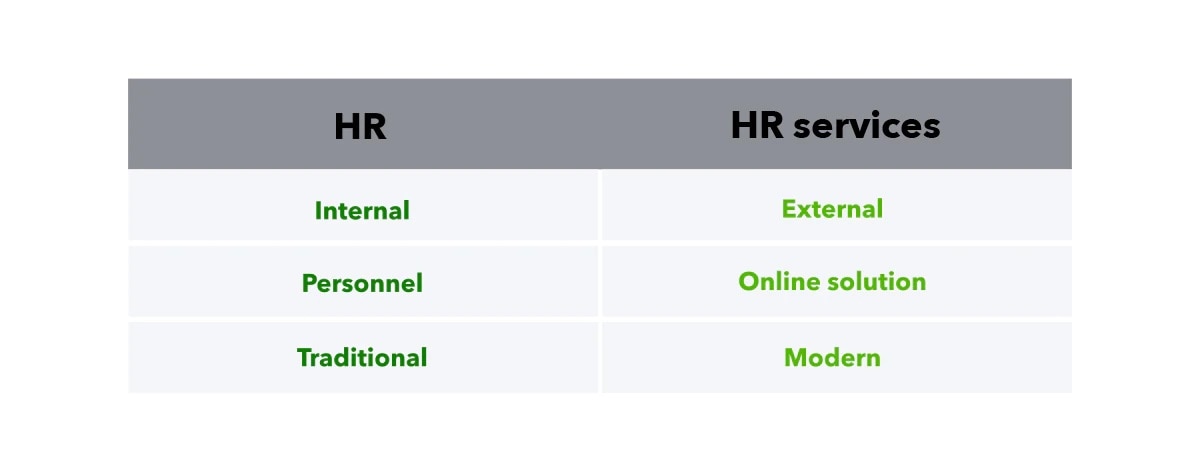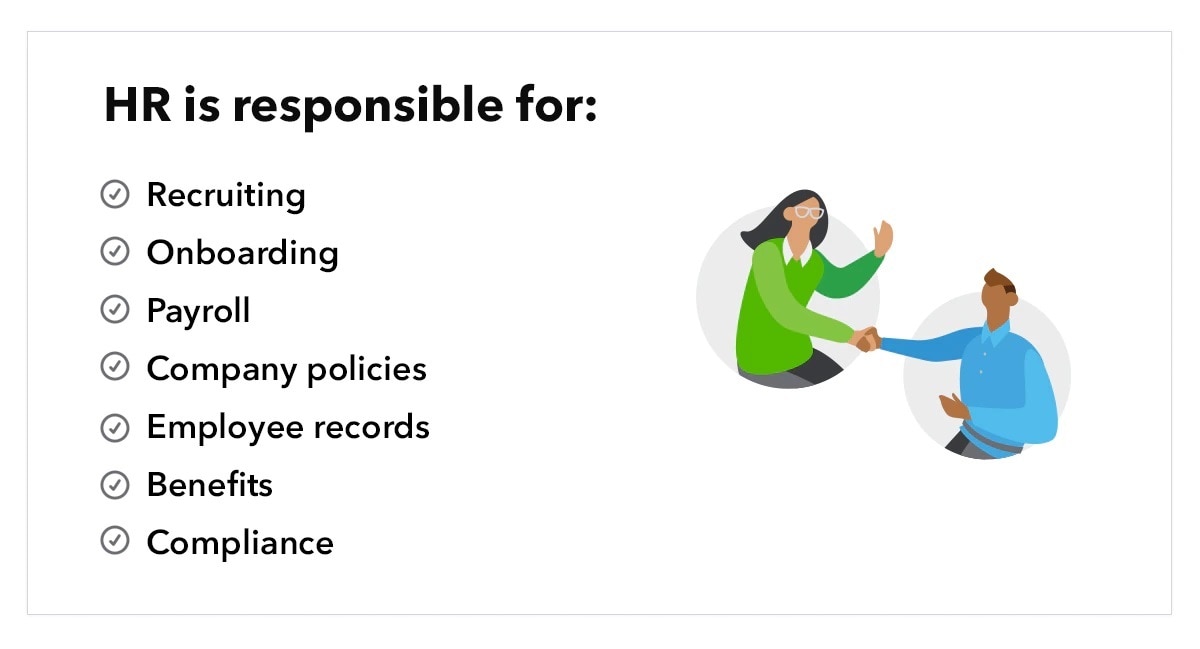Human resources, or HR, is the department responsible for handling employee matters. HR manages virtually all aspects related to your business’s human capital, or personnel. The department’s duties are diverse, ranging from onboarding and paying employees to performance management and termination.
As you grow your business, you may find yourself wondering whether you actually need a human resources department or provider. HR services are essential to any business with employees. Between helping your company remain in compliance with labour laws and managing employee relations, HR is a key component to long-term success.
To help you implement an effective human resources solution at your business, we’ve put together a comprehensive overview. Read on for an in-depth explanation of HR and why it’s important to your business, or use the links below to go directly to a specific section.


















